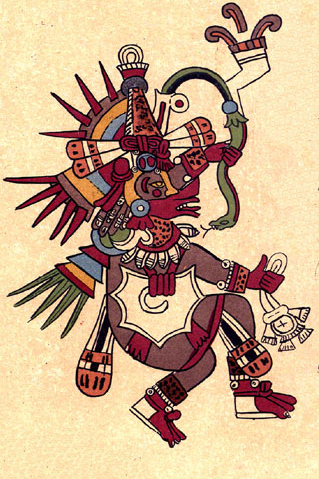Said without any objection to the idea of Byzantine being a civ,
Putting the Byzantine claim of succession on an equal footing with the Holy Roman (and Papal), Ottoman and Muscovite claims, to say nothing of the Fascist claim let alone the American claim, is gross misrepresentation of history.
There is clearcut political continuity from at least the end of the Crisis of the Third Century, from Diocletian through Constantine to Theodosius (by which point the capital of the united empire was Constantinople), to the Eastern Roman Empire and Byzantine Empire, with a political system that evolved from one through the others. None of the other claimant have that kind of direct continuity: their claim is through right of conquest/occupation, inheritance by marriage or right of spiritual/religious succession, absent any continuity. After the deposition of the last Roman Empire, his regalia was sent to Constantinope, and no one in the west claimed the Imperial title (in fact many of the Germanic tribes at that time still acknowledged the Eastern Empire's overlordship) for a long while until the Church and Franks began to push for an empire of their own.
There is a good case to be made for a different civ based on the enormous cultural differences (albeit these cultural differences are somewhat less between Rome and Byzantium, and at least to a degree more related to the transition between the Pagan and Christian Empires), but that case does not lie in denying the continuity between them.

